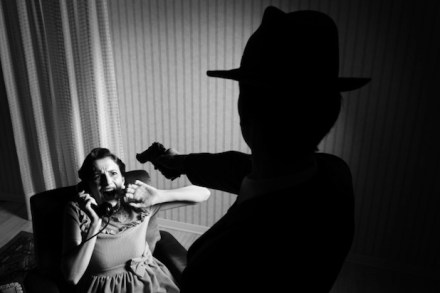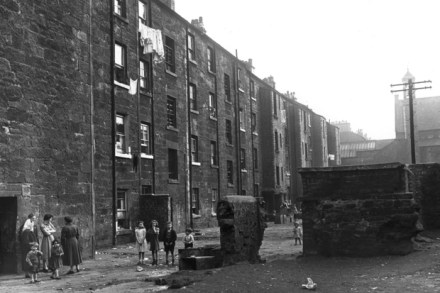Like Birdsong – only cheerful
It is difficult to know whether Clive Aslet intended a comparison between his debut novel, The Birdcage, set in Salonica during the first world war, and Sebastian Faulks’s similarly titled Birdsong. Whilst Faulks’s novel sits comfortably within the generally accepted narrative that the first world war was an unmitigated disaster, with lion-like Tommies led by






